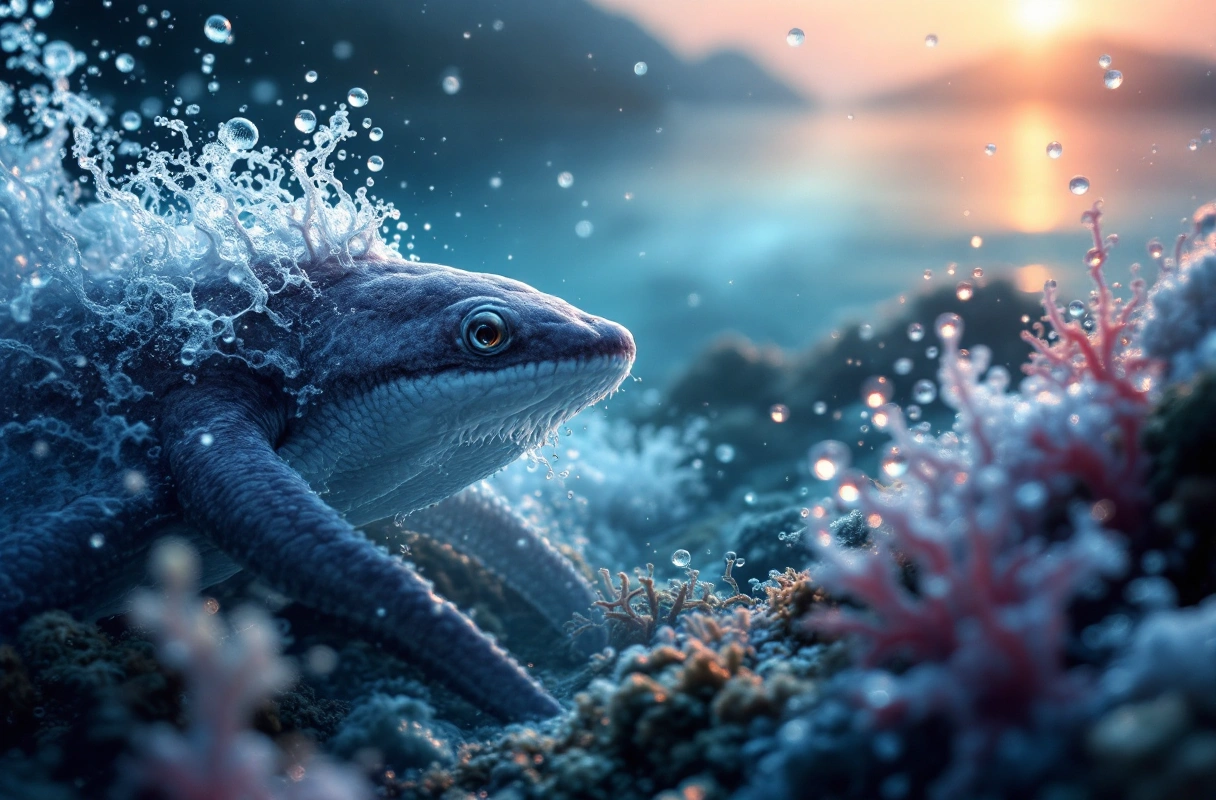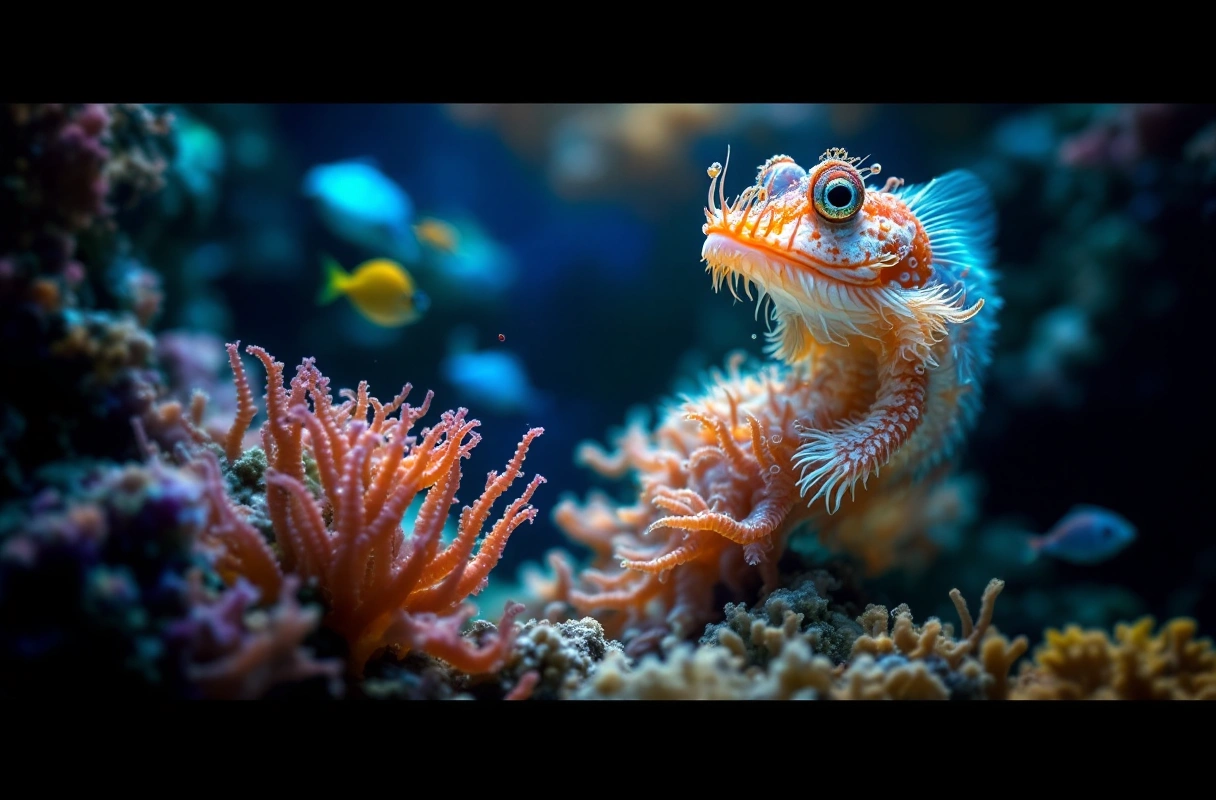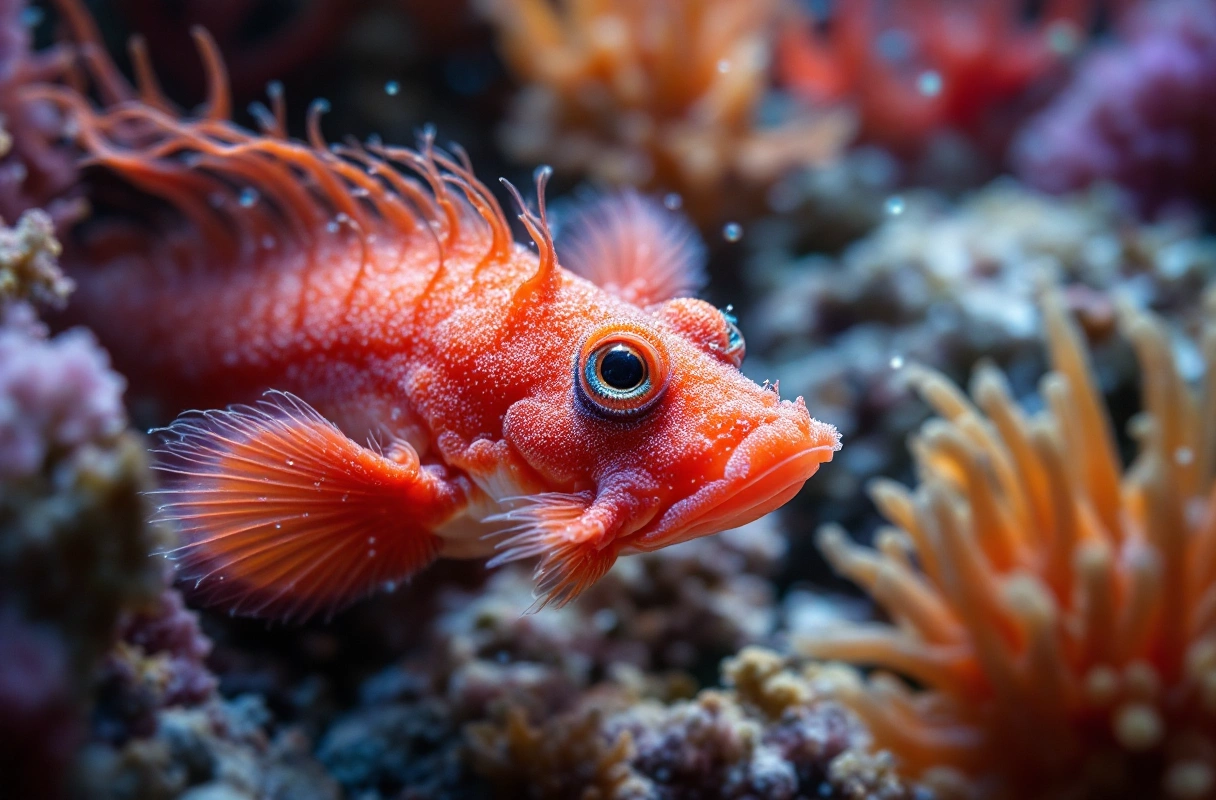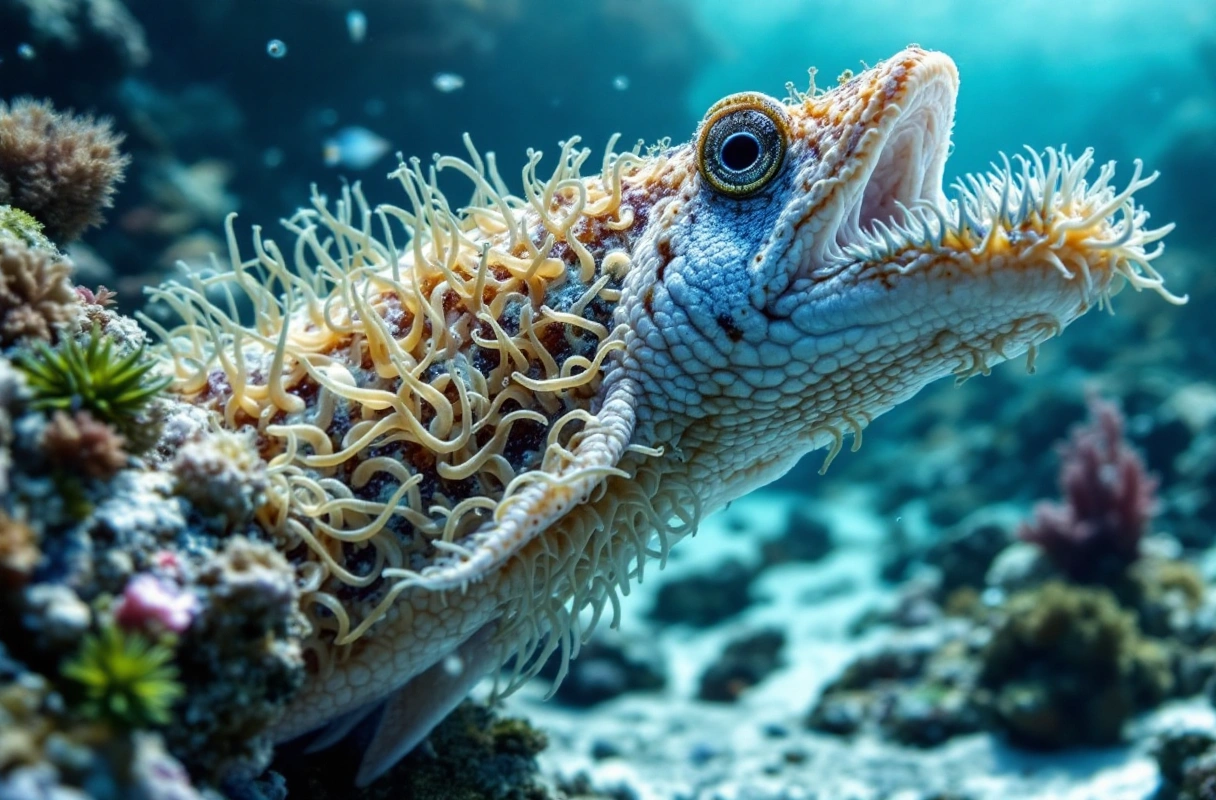
Understanding the world of sea creatures can be an exciting journey into marine biology. With over two million identified species inhabiting the world's oceans, each presents unique adaptations and characteristics. Whether you are a student, a nature enthusiast, or just someone curious about marine life, knowing how to identify these sea creatures can enhance your appreciation of the underwater world. This guide will help you navigate the fascinating realm of marine life and explore how these creatures adapt to their environments.

The ocean is home to an incredible array of sea creatures, from the smallest plankton to the largest whales. This diversity is not just a matter of size; it encompasses various classes, orders, and families, each with unique adaptations and behaviors. Identifying these creatures often involves understanding their physical characteristics, habitats, and behaviors.
When categorizing sea creatures, marine biology typically divides them into several major groups:
Understanding these categories can provide a foundational framework for identifying sea creatures you may encounter.
When trying to identify sea creatures, consider several key characteristics:
By focusing on these characteristics, you can start to identify various sea creatures in their natural habitats.

Adaptation is a key concept in marine biology, as it explains how organisms evolve to survive in their specific environments. The adaptations of sea creatures are fascinating and diverse, reflecting the challenges of life in the ocean.
Sea creatures exhibit various types of adaptations that enhance their survival:
Physiological Adaptations: These are internal changes that allow organisms to survive in different conditions. For example, some fish can regulate their internal salt concentrations to survive in both saltwater and freshwater environments.
Morphological Adaptations: These involve changes in the structure of an organism. The streamlined bodies of dolphins and sharks reduce drag while swimming, enhancing their ability to catch prey and evade predators.
Behavioral Adaptations: Many sea creatures have developed specific behaviors to increase their chances of survival. For example, octopuses can change color and texture to blend in with their surroundings, making them less visible to predators.
Several sea creatures showcase remarkable adaptations:
These adaptations illustrate the ingenuity of nature and the incredible ways in which sea creatures have evolved to thrive in their environments.

While exploring the world of sea creatures, it's essential to address some common misconceptions that can lead to misunderstandings about marine life.
All Sea Creatures are Fish: Many people assume that all sea creatures are fish. However, marine life includes a vast array of organisms, including mammals, reptiles, and invertebrates.
Coral is a Rock: Coral reefs are often mistaken for rocks. In reality, coral is made up of tiny animals called polyps, which build calcium carbonate structures that form reefs over time.
Jellyfish are Fish: Jellyfish are not fish; they are gelatinous invertebrates that belong to the phylum Cnidaria. They lack a backbone and have a different anatomy than fish.
By understanding these misconceptions, individuals can gain a clearer perspective on the complexity and diversity of marine life.
For those keen on identifying sea creatures, practical tips can enhance your learning experience and make your explorations more rewarding.
Use Identification Guides: Invest in field guides or mobile apps designed for marine life identification. These tools can be invaluable in helping you recognize various species.
Join Local Marine Life Groups: Connect with local nature groups or marine biology clubs. Engaging with others who share your interest can provide insights and foster deeper learning.
Participate in Beach Cleanups: Volunteering for beach cleanups can provide opportunities to observe marine life in its natural habitat while contributing to ocean conservation efforts.
Attend Marine Biology Workshops: Look for workshops or classes offered by local aquariums or universities. These educational opportunities can deepen your understanding of marine ecosystems.
Document Your Findings: Keep a journal or take photos of the sea creatures you encounter. This practice can help you track your learning progress and share your experiences with others.
By following these tips, beginners can enhance their knowledge and appreciation of the diverse world of sea creatures.
As we learn about sea creatures, it is crucial to address the importance of marine conservation. Many species face threats from pollution, climate change, and overfishing, making conservation efforts vital for their survival.
Marine Protected Areas: Establishing marine protected areas (MPAs) helps safeguard critical habitats and species from harmful human activities. These zones allow ecosystems to recover and thrive.
Sustainable Fishing Practices: Promoting sustainable fishing helps ensure that fish populations remain healthy and can reproduce effectively. This includes regulations on catch limits and methods to minimize bycatch.
Public Awareness Campaigns: Educating the public about the importance of marine life and the challenges it faces can inspire action and support for conservation initiatives.
By supporting these efforts, individuals can contribute to the protection of sea creatures and their habitats.
Learning about sea creatures is not only an exciting endeavor but also a crucial part of understanding our planet's ecosystems. Organizations like Banana Slug Club focus on educating young nature enthusiasts about the importance of marine biology, conservation, and the wonders of the natural world.
As you explore the world of sea creatures, remember that education is a lifelong journey. The more you learn, the more you will appreciate the intricate connections between marine life and the health of our oceans.
At Banana Slug Club, we are dedicated to inspiring curiosity and passion for nature among students and young explorers. Our resources provide insights into marine biology, conservation, and the wonders of the natural world. Whether you are a student eager to learn more or a parent looking to foster your child's interest in science, our website offers valuable materials and opportunities for engagement.
For nature enthusiasts, students, and kids excited about learning more about the world, nature, science, plants, and animals, we invite you to visit our website for more information. Engage with our resources, participate in events, and connect with a community that shares your passion for the environment.
By understanding sea creatures and their adaptations, you can become an advocate for marine conservation and contribute to the preservation of our oceans. Explore the wonders of the underwater world with Banana Slug Club and embark on a journey of discovery that will last a lifetime.
Get free resources, early access to new features and updates.
No spam. Just fun educational emails!